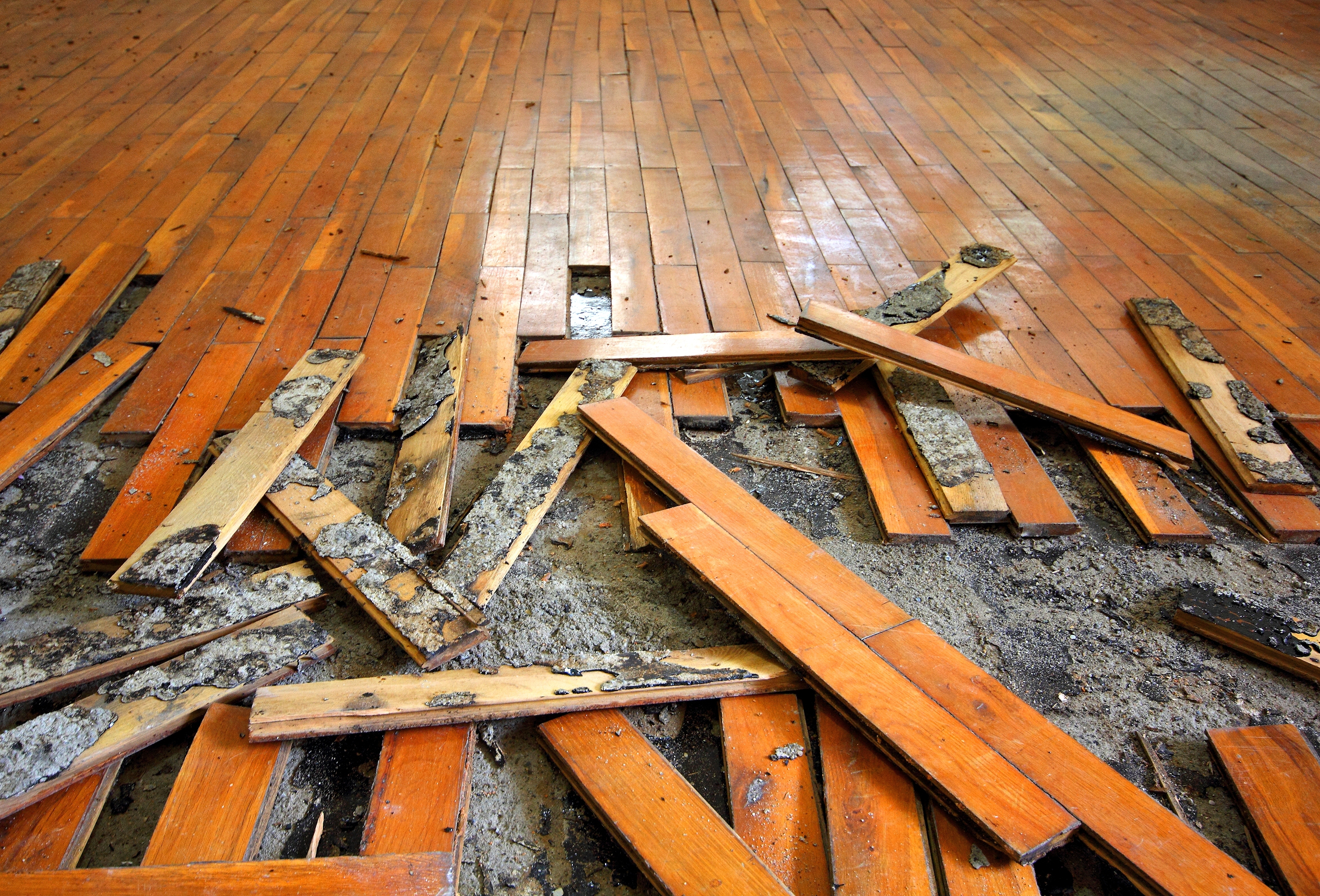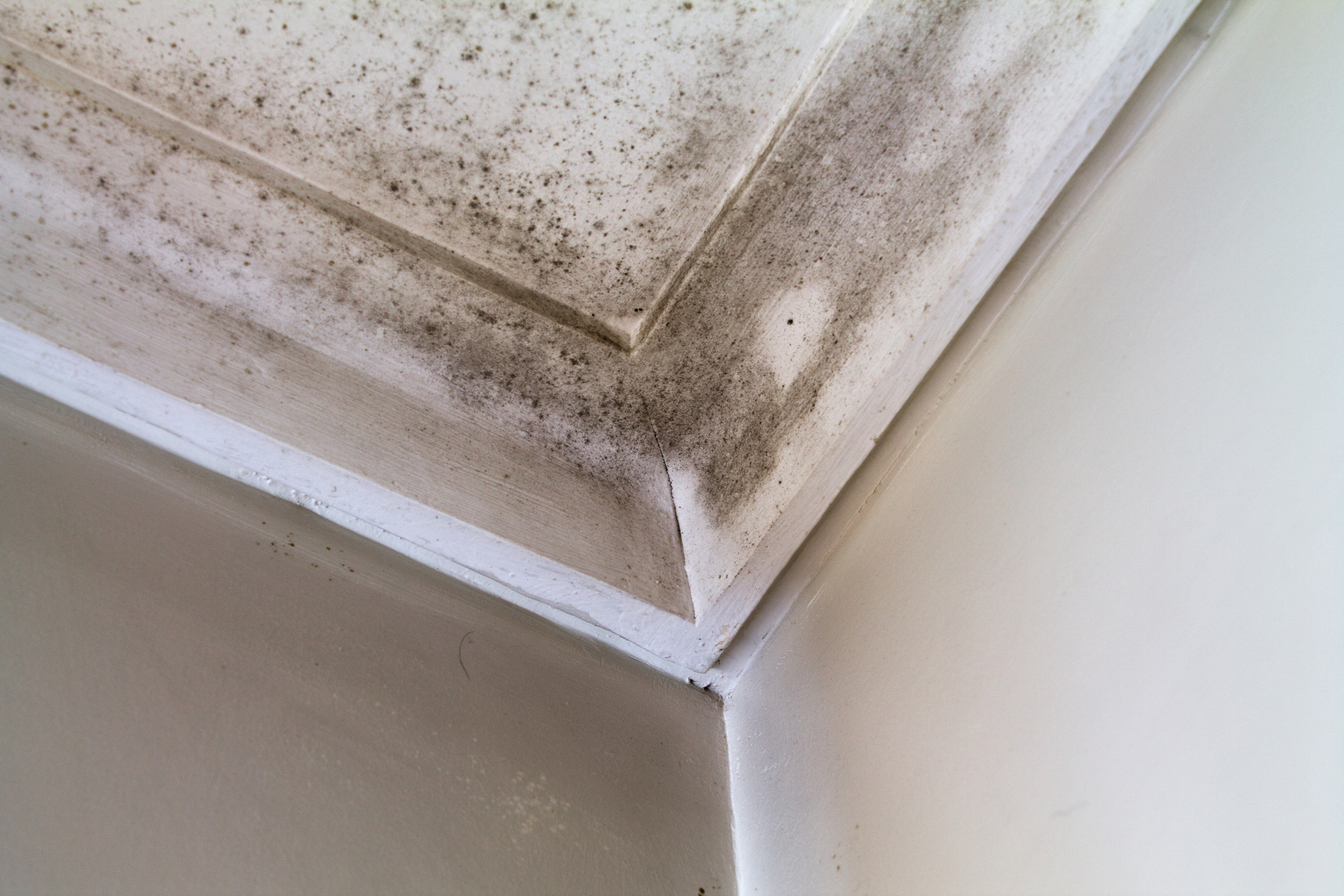
If a worker employed in an apartment owner’s alteration project is injured due to some lapse in safety practices or equipment on the job, is the condominium or cooperative liable under New York’s Labor Law? Unfortunately, a decision of the New York Court of Appeals earlier this month, Guryev v. Tomchinsky, __ N.Y.2d __ (Dec. 11, 2012), addressed this issue by distinguishing between cooperatives and condominiums in a way that makes little intuitive sense. New York’s Labor Law, §241 requires, generally, that “All contractors and owners and their agents, except owners of one and two family dwellings who contract for… Read more










